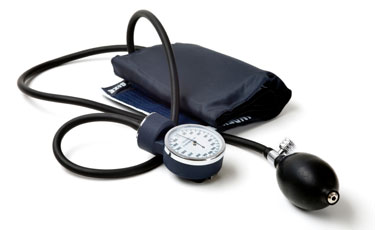The U.S. health care system ranks last when compared to other wealthy countries, according to a new analysis from the Commonwealth Fund.
A new report released today finds that when compared to 10 other high-income countries, people in the U.S. are more likely to be unable to afford health insurance, suffer early death from a lack of timely health care and have their treatment slowed by administrative red tape.
The U.S. also has the widest health disparity between high- and low-income people, according to “Mirror, Mirror 2021 — Reflecting Poorly: Health Care in the U.S. Compared to Other High-Income Countries.” 
“In no other country does income inequality so profoundly limit access to care as it does here,” David Blumenthal, MD, president of the Commonwealth Fund, said at an Aug. 3 media briefing.
Report researchers used international health care surveys and studies by the Commonwealth Fund to measure and compare patient outcomes in the U.S. and 10 other countries: Australia, Canada, France, Germany, the Netherlands, New Zealand, Norway, Sweden, Switzerland and the U.K. Researchers looked at access to care, care processes, administrative efficiency, equity and health care outcomes. The U.S. was the only country in the report without universal health care.
Norway was ranked No. 1, followed in order by the Netherlands, Australia, the U.K., Germany, New Zealand, Sweden, France, Switzerland and Canada. Norway was cited for having excellent access to care, communication among health care providers, and patient use of web-based portals for refilling medications and talking to doctors.
The U.S. ranked last in all areas except for care processes, which includes preventive care, such as mammogram tests and flu vaccinations, and patient engagement, such as people talking to a health workers about smoking cessation and healthier eating.
Among the categories the U.S. is worst at is access to care. The U.S. spends a greater proportion of its gross domestic product on health care than any other wealthy country. Yet nearly 40% of Americans missed doctor-recommended health care in the past year because of prohibitive cost, the report said. In Norway, only 8% of people put off receiving recommended health care due to cost.
“Far too many people in the U.S. cannot afford the care they need,” Blumenthal said. “And far too many are uninsured, especially compared to other wealthy nations. This persistent coverage inadequacy is compromising the health and financial security of millions of people, leaving many with medical debt, or worse, no choice but to skip needed health care because of the expense.”
The U.S. can achieve more equitable health outcomes by expanding health insurance coverage, ensuring affordable and convenient primary care, reducing administrative complexity, and investing more in social services, the report said.
“If we are going to do better for patients, we should learn from what is working in other nations and continue the task of creating a health care system that provides affordable, high quality care for everyone,” Blumenthal said.